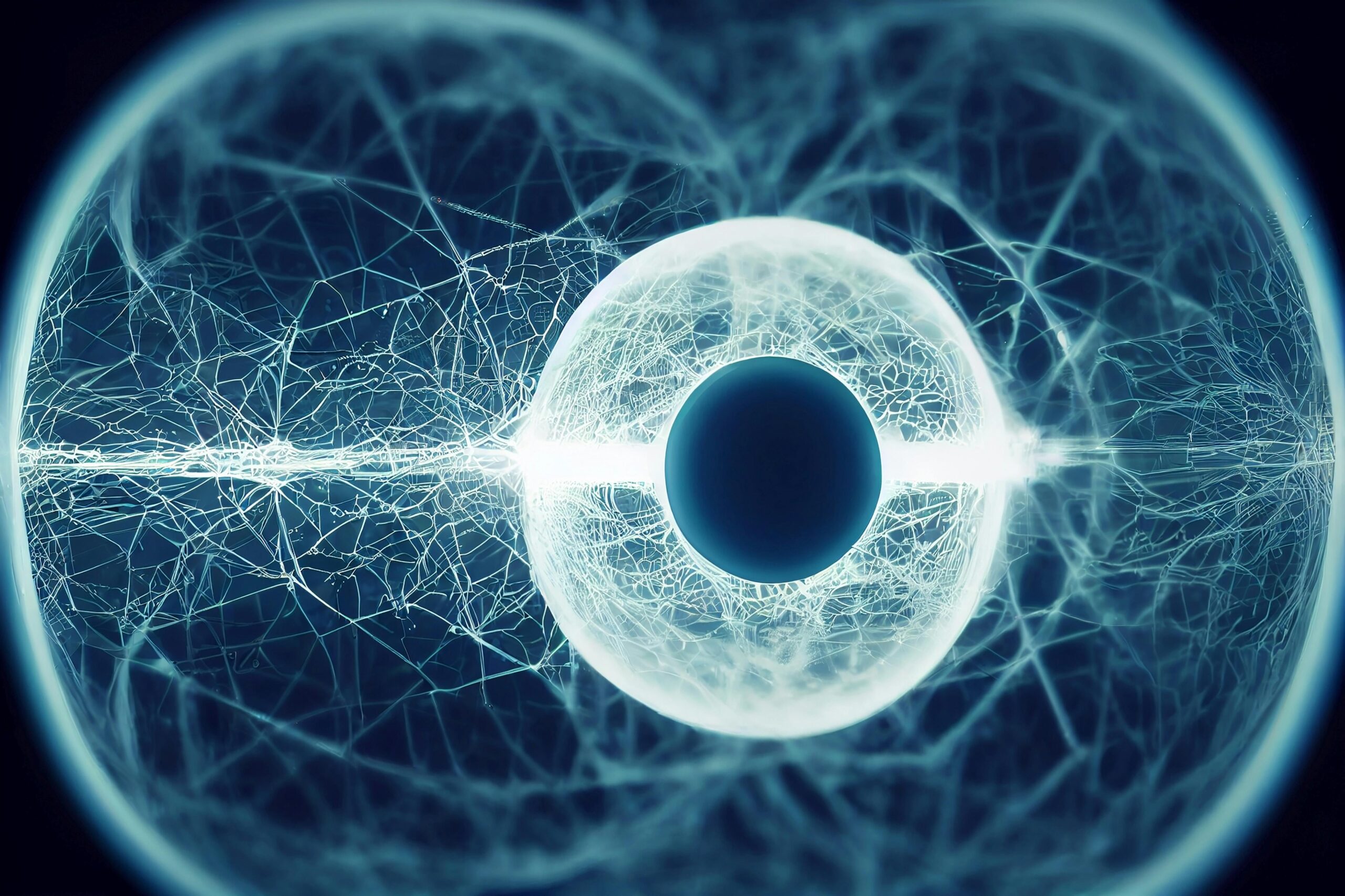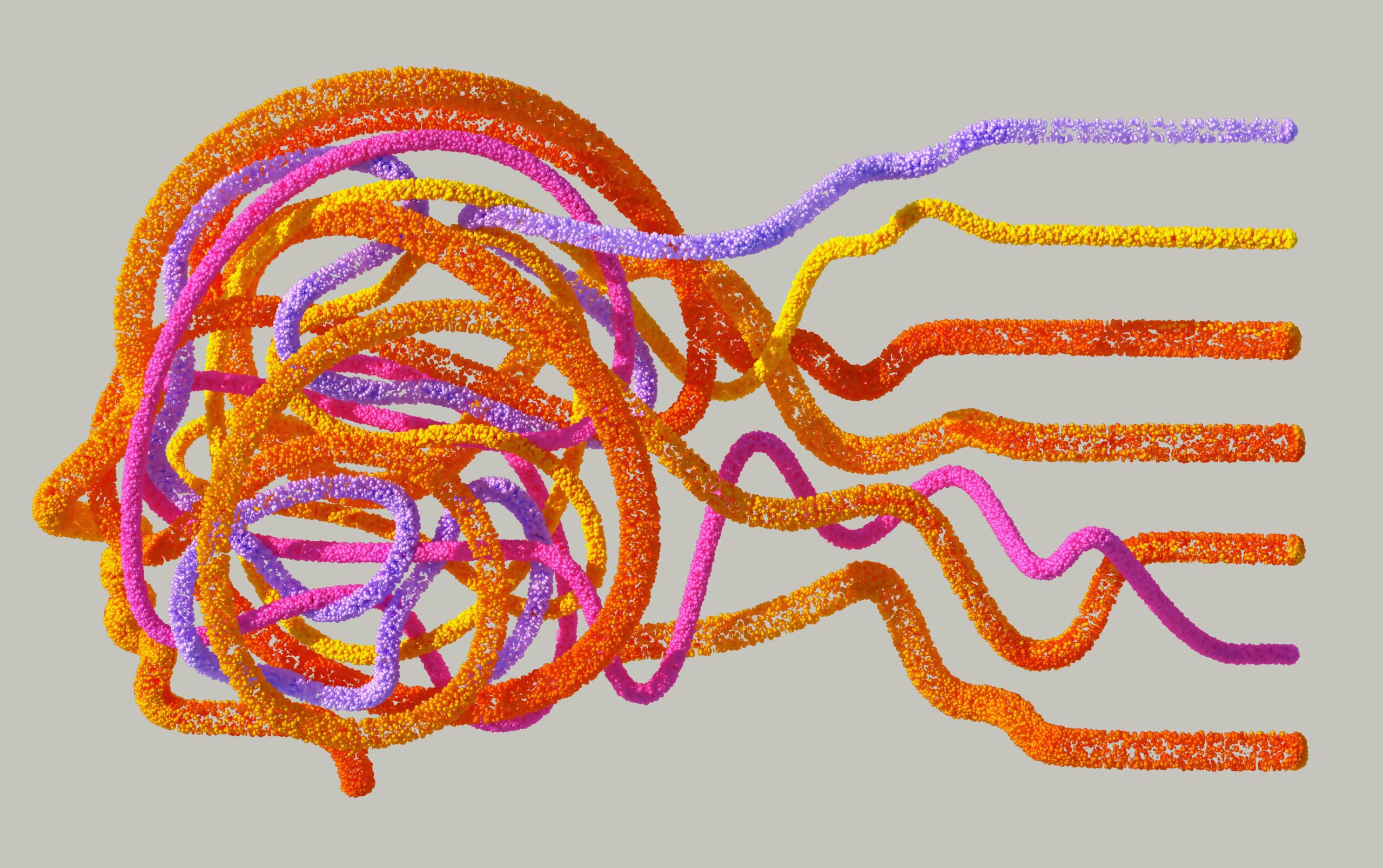The human mind stands as one of nature’s most complex creations, where culture, religion, and ethics converge to shape our moral understanding and decision-making processes.
As neuroscience advances, we’re witnessing unprecedented opportunities to explore how our brains process ethical dilemmas, religious experiences, and cultural values. This intersection raises profound questions about consciousness, free will, and the biological foundations of morality that have captivated philosophers, theologians, and scientists for centuries.
Understanding the relationship between our neural architecture and moral behavior has become increasingly crucial in our globalized world. The convergence of neuroscience with cultural anthropology and religious studies offers fresh perspectives on age-old questions about human nature, ethical reasoning, and the foundations of our belief systems.
🧠 The Neurological Foundations of Moral Thinking
Our brains are remarkably sophisticated organs that process moral information through interconnected neural networks. The prefrontal cortex, particularly the ventromedial region, plays a crucial role in ethical decision-making and social cognition. When we face moral dilemmas, multiple brain regions activate simultaneously, creating a complex dialogue between emotion and reason.
Research using functional magnetic resonance imaging (fMRI) has revealed that moral judgments activate areas associated with both emotional processing and rational deliberation. The anterior cingulate cortex monitors conflicts between competing moral values, while the amygdala responds to emotionally charged ethical scenarios. This biological architecture suggests that morality isn’t purely rational or emotional but represents an intricate interplay of both systems.
The mirror neuron system contributes significantly to our capacity for empathy and moral understanding. These specialized neurons fire both when we perform actions and when we observe others performing similar actions, creating a neural foundation for understanding others’ experiences and intentions. This system may explain why storytelling, religious narratives, and cultural myths resonate so deeply across human societies.
Cultural Frameworks Shaping Ethical Cognition
Culture profoundly influences how our brains interpret and respond to moral situations. Different societies emphasize distinct moral foundations, from individual rights and harm prevention to group loyalty, authority respect, and purity concerns. These cultural priorities don’t merely overlay our neural processes; they actively shape brain development and connectivity patterns from early childhood.
Neuroplasticity demonstrates that repeated cultural practices and beliefs can modify brain structure and function. Communities that prioritize collectivist values show different patterns of neural activation when processing social scenarios compared to individualistic societies. The medial prefrontal cortex, involved in self-referential thinking, exhibits varying activation patterns depending on whether someone comes from a culture emphasizing independent or interdependent self-construal.
Language itself serves as a powerful mediator between culture and neural processing. The words available in a language to describe moral concepts influence how speakers perceive and categorize ethical situations. Some languages have rich vocabularies for shame-based concepts, while others emphasize guilt or honor, reflecting deeper cultural values encoded in neural pathways through linguistic practice.
Cross-Cultural Variations in Moral Psychology
Studies comparing Eastern and Western participants reveal fascinating differences in moral reasoning patterns. Western subjects typically emphasize individual agency and personal responsibility, with corresponding activation in brain regions associated with self-focused processing. Eastern participants often show greater neural response in areas linked to contextual thinking and relational considerations when evaluating the same ethical scenarios.
These differences aren’t superficial cultural preferences but represent fundamentally distinct ways of processing moral information. The brain’s default mode network, active during rest and self-reflection, shows cultural variations in connectivity patterns that correlate with differences in moral reasoning styles. This suggests that culture penetrates to the deepest levels of neural organization.
⛪ Religious Experience and the Neural Substrate
Religious and spiritual experiences have captivated neuroscientists seeking to understand how transcendent feelings and beliefs manifest in brain activity. Prayer, meditation, and religious rituals activate specific neural networks that overlap with, yet extend beyond, ordinary cognitive processing. The temporal lobes, particularly when stimulated or naturally hyperactive, can generate profound spiritual experiences and feelings of divine presence.
Meditation practices from various religious traditions demonstrate measurable effects on brain structure and function. Long-term meditators show increased cortical thickness in regions associated with attention and sensory processing. Buddhist mindfulness meditation enhances activity in the anterior cingulate cortex and prefrontal regions, improving emotional regulation and ethical awareness. These findings suggest that religious practices can systematically train moral cognition.
The experience of religious conversion or spiritual transformation often involves dramatic shifts in neural processing patterns. Brain imaging studies of individuals undergoing religious experiences show activation in reward centers, suggesting that spiritual practices may reinforce moral behaviors through neurochemical reinforcement mechanisms similar to those involved in other rewarding activities.
The Neuroscience of Faith and Belief
Belief systems, whether religious or secular, organize our understanding of reality and guide moral decision-making. The brain doesn’t distinguish sharply between religious and non-religious beliefs at a neural level; both activate similar networks involved in knowledge representation and value assessment. However, deeply held religious beliefs often show stronger emotional components, with greater activation in limbic regions associated with personal significance.
Religious rituals and communal worship create synchronized brain activity among participants, potentially explaining the powerful social bonding effects of shared religious experiences. This neural synchronization may underlie the sense of unity and collective moral purpose that religious communities often report. Mirror neuron systems and the temporal parietal junction work together to create feelings of connection with the divine and fellow believers.
🤔 Ethical Implications of Neuroscience Research
As our understanding of the brain’s moral architecture deepens, we face unprecedented ethical challenges. Neuroethics has emerged as a critical field examining the moral implications of neuroscience research and applications. Questions arise about cognitive enhancement, neural privacy, criminal responsibility, and the potential manipulation of moral beliefs through technological interventions.
Brain imaging technologies raise concerns about mental privacy and autonomy. If we can identify neural signatures of religious beliefs, political attitudes, or moral convictions, who should have access to this information? The possibility of reading thoughts or predicting behaviors from brain scans challenges fundamental assumptions about personal freedom and the sanctity of inner mental life.
Cognitive enhancement technologies pose particularly complex moral questions at the intersection of neuroscience, culture, and religion. If we develop drugs or devices that enhance moral reasoning or empathy, should their use be encouraged, mandated, or restricted? Different cultural and religious traditions offer varying answers based on their understanding of human nature and the proper relationship between technology and moral development.
Responsibility, Free Will, and the Brain
Neuroscience findings about the biological basis of behavior challenge traditional concepts of moral responsibility and free will. If our decisions emerge from neural processes shaped by genetics, culture, and past experiences, to what extent are we truly free agents? This question has profound implications for criminal justice, religious concepts of sin and salvation, and cultural notions of personal accountability.
Some neuroscientists argue that free will is an illusion created by our brains’ inability to perceive their own deterministic processes. Others maintain that consciousness and agency emerge from complex neural dynamics in ways that preserve meaningful autonomy. Religious traditions generally affirm human freedom while acknowledging divine influence or karmic consequences, creating rich dialogues with neuroscientific perspectives.
🌍 Integrating Perspectives: Toward a Comprehensive Understanding
The most promising approach to understanding moral cognition involves integrating insights from neuroscience, cultural anthropology, religious studies, and philosophy. No single discipline possesses complete answers to questions about the nature of morality, consciousness, or ethical decision-making. Each perspective illuminates different aspects of the complex reality of human moral experience.
Neuroscience provides crucial data about the biological mechanisms underlying moral cognition but cannot alone determine what is right or wrong. Cultural and religious wisdom traditions offer sophisticated frameworks for ethical living developed over millennia of human experience. Philosophy contributes rigorous logical analysis and conceptual clarity to debates about moral principles and their applications.
This interdisciplinary approach reveals that moral cognition operates at multiple levels simultaneously. Neural processes provide the hardware for ethical thinking, cultural contexts supply the software of moral frameworks, and religious and philosophical traditions offer meta-level reflections on the meaning and purpose of moral life itself.
Practical Applications for Contemporary Challenges
Understanding the intersection of culture, religion, and brain ethics has practical implications for addressing global challenges. Bioethics committees increasingly include neuroscientists alongside theologians, philosophers, and cultural representatives to develop policies on emerging technologies. This collaborative approach produces more comprehensive and culturally sensitive ethical guidelines.
Education systems can benefit from insights about how culture and religion shape moral cognition. Teaching ethics in ways that engage both emotional and rational neural systems, respect diverse cultural frameworks, and acknowledge religious perspectives creates more effective moral education. Curricula that integrate neuroscience findings with cultural wisdom foster deeper ethical understanding and more nuanced moral reasoning.
Conflict resolution and peacebuilding efforts gain from understanding how different groups’ neural, cultural, and religious frameworks shape their moral perceptions. Recognizing that ethical disagreements often reflect genuine differences in value priorities rather than simple misunderstandings or malice enables more constructive dialogue across cultural and religious divides.
🔬 Future Directions in Neuroethics Research
The field of neuroethics continues evolving rapidly as technologies advance and research reveals new insights about brain-behavior relationships. Emerging areas of investigation include the neural basis of moral development across the lifespan, the relationship between spirituality and well-being, and the effects of digital technologies on moral cognition.
Artificial intelligence and machine learning present particularly intriguing challenges at the intersection of neuroscience and ethics. As we create artificial systems capable of moral reasoning, questions arise about whether machines can possess genuine ethical understanding or merely simulate it. These discussions often mirror philosophical and religious debates about consciousness, agency, and the nature of moral knowledge.
Genetic technologies that could potentially modify traits related to moral cognition raise profound ethical questions. Should we use gene editing to enhance empathy, reduce aggression, or strengthen impulse control? Different cultural and religious traditions offer varying perspectives based on their understanding of human nature, divine creation, and the proper limits of technological intervention in human development.
Building Bridges Between Disciplines
The future of research at this intersection depends on sustained collaboration across disciplinary boundaries. Neuroscientists must engage seriously with religious scholars and cultural anthropologists, learning from their deep knowledge of human meaning-making and ethical traditions. Similarly, humanistic scholars benefit from understanding neuroscience findings that illuminate the biological foundations of cultural and religious phenomena.
Academic institutions are increasingly creating interdisciplinary centers focused on neuroethics, bringing together diverse expertise to address complex questions. These collaborative spaces foster innovative research approaches and generate insights impossible within single disciplinary frameworks. Graduate programs now train scholars capable of navigating multiple fields and facilitating productive conversations across traditional academic boundaries.

💡 Navigating the Moral Landscape of Tomorrow
As neuroscience continues revealing the brain’s remarkable capacities and limitations, we must thoughtfully integrate these findings with cultural wisdom and religious insight. The goal isn’t to reduce morality to neural processes or dismiss scientific findings in favor of traditional beliefs, but to develop richer, more comprehensive understandings of human moral experience.
Each perspective contributes essential elements to this understanding. Neuroscience offers empirical data about how moral cognition actually operates. Cultural studies reveal the diverse ways human communities organize ethical life. Religious traditions provide tested frameworks for moral development and sources of meaning that transcend individual existence. Philosophy supplies critical analysis and systematic reasoning about ethical principles.
The challenges facing humanity in the twenty-first century demand this integrated approach. Climate change, biotechnology, artificial intelligence, and global inequality present ethical dilemmas that require input from multiple knowledge systems. Solutions must be scientifically informed, culturally sensitive, and aligned with deeply held values about human dignity and purpose.
Ultimately, exploring the intersection of culture, religion, and brain ethics reveals the magnificent complexity of human moral consciousness. We are biological beings shaped by evolution, cultural creatures formed by our communities, and spiritual seekers questioning our place in the cosmos. Understanding the neural pathways of morality doesn’t diminish the profound mystery of ethical experience but deepens our appreciation for the intricate ways minds, cultures, and beliefs interweave to create the rich tapestry of human moral life.
The journey ahead requires humility, curiosity, and openness to insights from diverse sources. By honoring both scientific rigor and cultural wisdom, both empirical evidence and spiritual intuition, we can navigate the ethical challenges of our time with greater understanding and compassion. The moral pathways of the mind lead not to simple answers but to ever-deeper questions about what it means to be human, to choose rightly, and to live well in complex, interconnected worlds.
Toni Santos is a cognitive storyteller and cultural researcher dedicated to exploring how memory, ritual, and neural imagination shape human experience. Through the lens of neuroscience and symbolic history, Toni investigates how thought patterns, ancestral practices, and sensory knowledge reveal the mind’s creative evolution. Fascinated by the parallels between ancient rituals and modern neural science, Toni’s work bridges data and myth, exploring how the human brain encodes meaning, emotion, and transformation. His approach connects cognitive research with philosophy, anthropology, and narrative art. Combining neuroaesthetics, ethical reflection, and cultural storytelling, he studies how creativity and cognition intertwine — and how science and spirituality often meet within the same human impulse to understand and transcend. His work is a tribute to: The intricate relationship between consciousness and culture The dialogue between ancient wisdom and neural science The enduring pursuit of meaning within the human mind Whether you are drawn to neuroscience, philosophy, or the poetic architecture of thought, Toni invites you to explore the landscapes of the mind — where knowledge, memory, and imagination converge.




